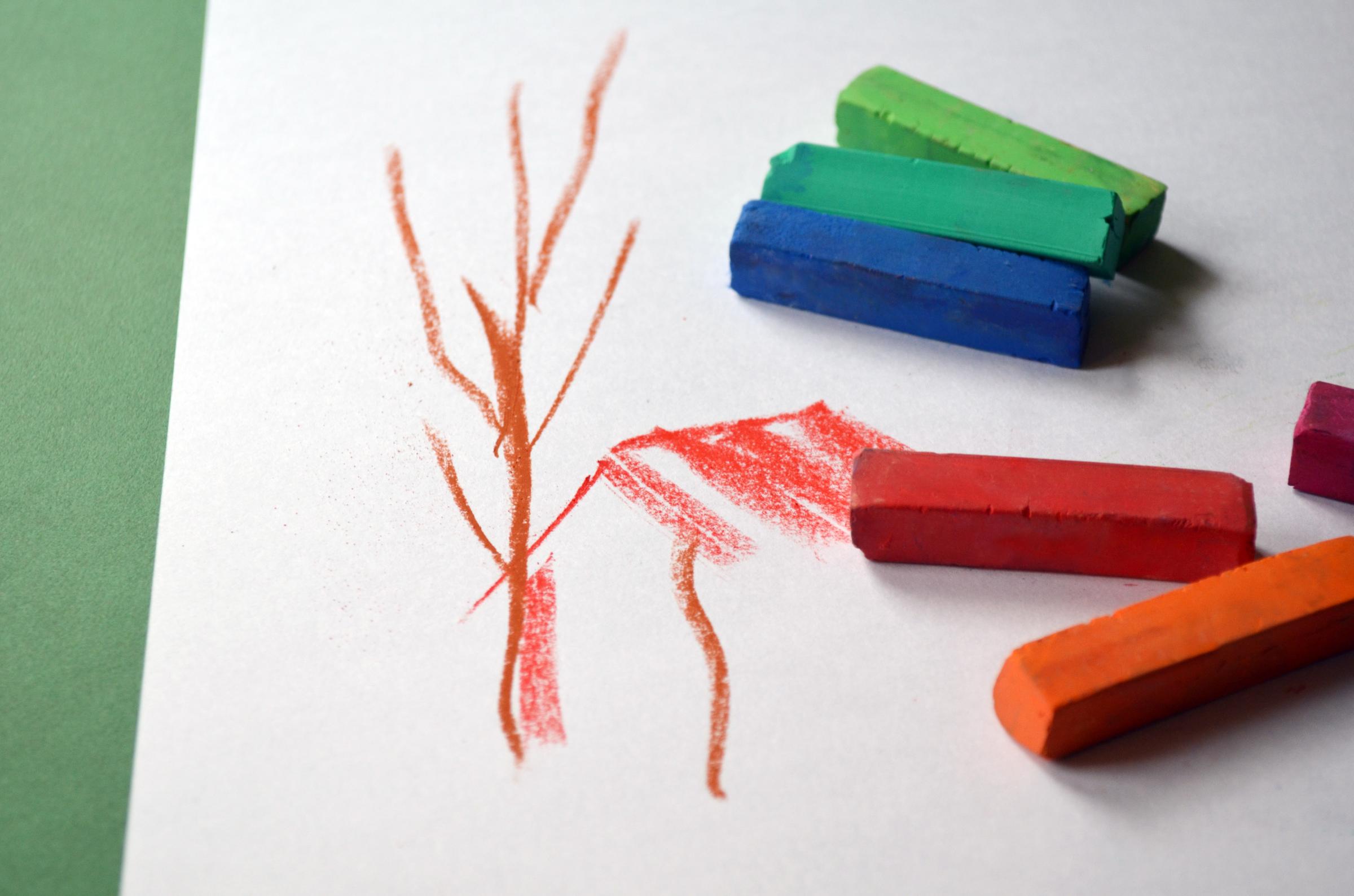Assistant Principal's news

Returning to Learning
As your child begins to transition back to school, don't despair or worry about your child having regressed over the period of remote learning. Every child is in the same situation. When your child is back at school, staff will continue your child's learning journey from where they are at.
Influential education researcher John Hattie studied the impact of lost learning after the Christchurch earthquake, and said some students improved afterwards because teachers acted quickly to diagnose learning gaps and overcome them. Teachers are experts at this!
Interventions to help students achieving below the expected level remain the same as those prior to remote learning. Teams are working to pare back the curriculum to focus on core skills, teach small groups of students at their point of need, and use the online videos and programs for extra practise.
In any year level there is a six- to eight-year spread in terms of a span of abilities and teachers have always been able to identify the needs of students and differentiate the curriculum to meet these needs. Other learning and skills your child developed whilst learning remotely such as independence, resilience, organisation and technical skills should be celebrated.
It is helpful to remember that many families plan 2 and 3 week holidays in the lead up to or at the end of the term holidays. These students usually write a journal, complete some reading and are involved in real-life maths. They re-enter school after the holiday and classroom teachers continue these students’ learning journey without these students ‘falling behind’ for the entire year.
When the complexity subsides, how your child felt during this time and the close connection with family, will stay with them after the memory of whether they followed the online schedule, precisely and to the letter, is long gone. Your child’s wellbeing underpins their learning so focussing on this whilst they return to onsite learning remains crucial.
Continue the family walks and bike riding, keep cooking and playing board games together and keep listening to and reading books. Talk about your everyday experiences, building vocabulary and listen to how your child is feeling. All of these activities will support the work teachers are doing back at school to keep your child moving along the learning continuum.
